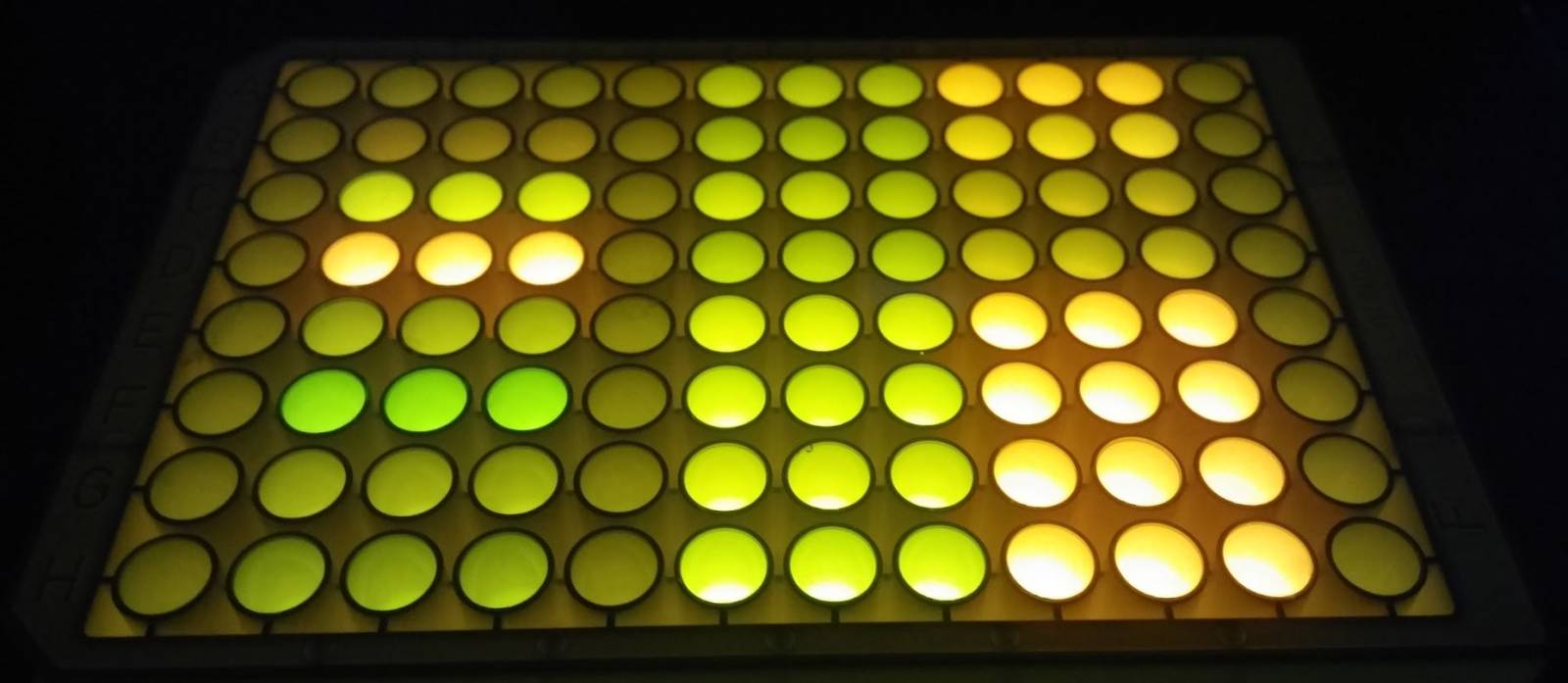Goal
In the research of synthetic biology, new biological systems are developed to enable the biomanufacturing of biochemicals and materials in a sustainable and environmentally friendly manner. Central to our efforts is the studying and understanding of microbial metabolism, which allows cells to be genetically reprogrammed for optimal energy and carbon usage. The research involves the development and construction of microbial factories and consortia, which produce valuable compounds from currently underutilized raw materials.
Our goal is to create innovative ways to utilize challenging raw materials, such as lignin and carbon dioxide, thereby promoting circular economy principles as well as energy and resource efficiency. Through genetically engineered microbes, customized compounds are produced, including microbial oil, bacterial nanocellulose, functional hydrocarbons, bioplastic monomers, and phytochemicals. In the research, we model and develop molecular-level tools used for genetic engineering, optimization, and the study of cellular metabolism in microbes. In addition to individual microbial strains, microbial consortia are constructed, studied, and modeled from the perspectives of bioprocessing and microbial ecology.
For example, we have implemented engineering approaches to improve the growth and production properties of undomesticated bacteria, namely Acinetobacter baylyi ADP1.
Should any interesting ideas come to your mind, please contact us.

